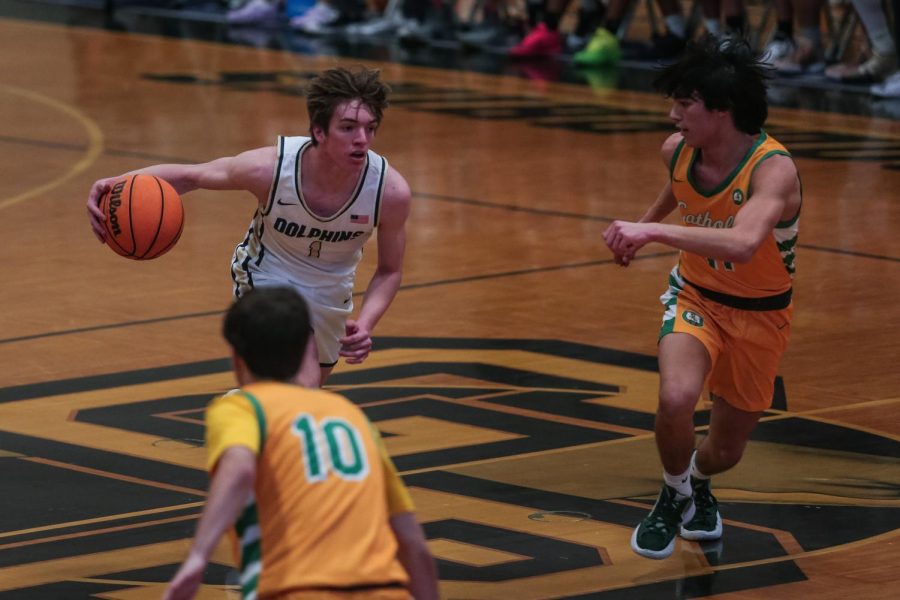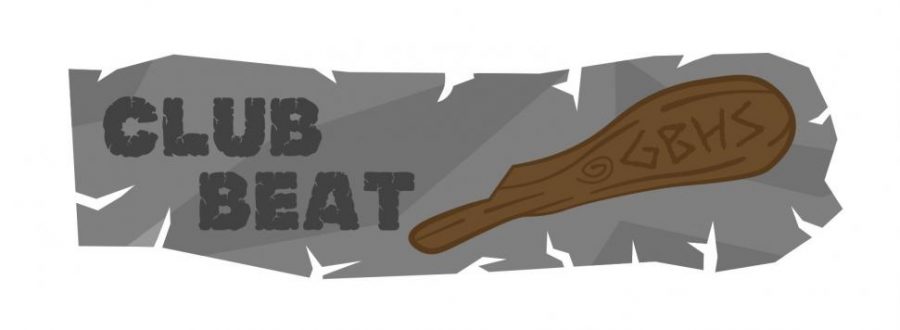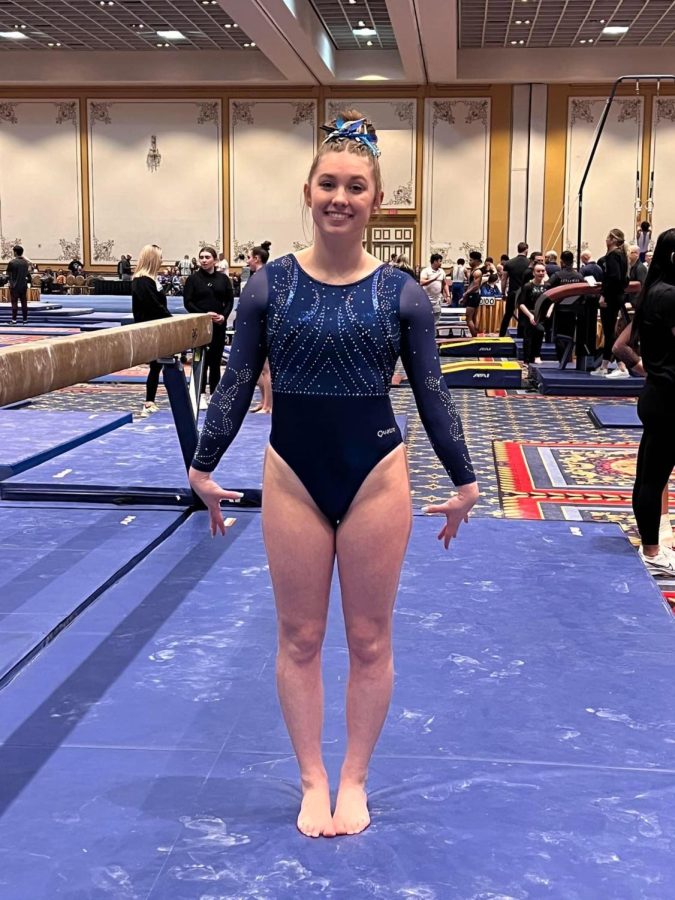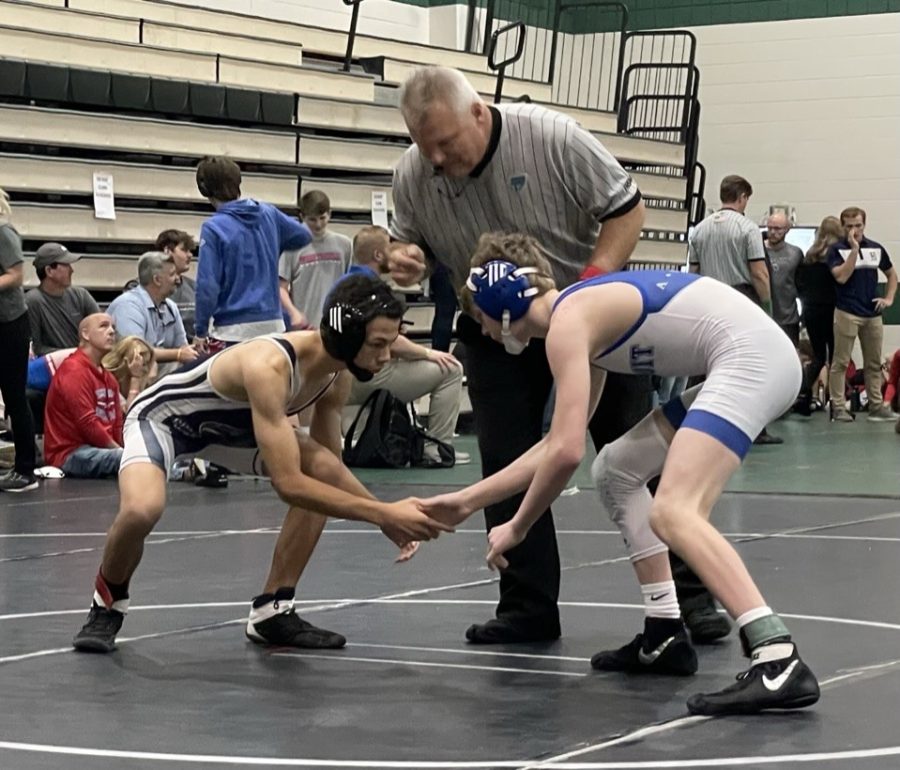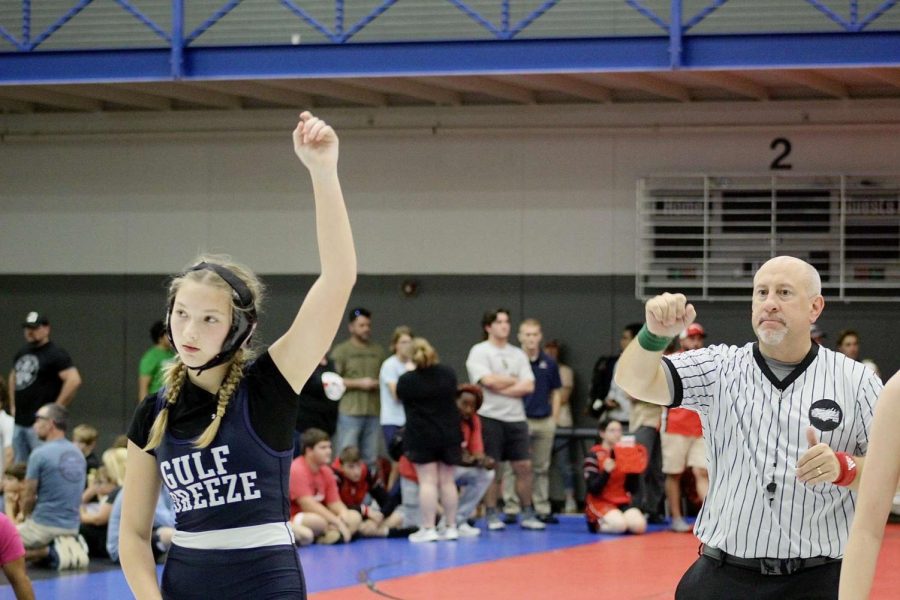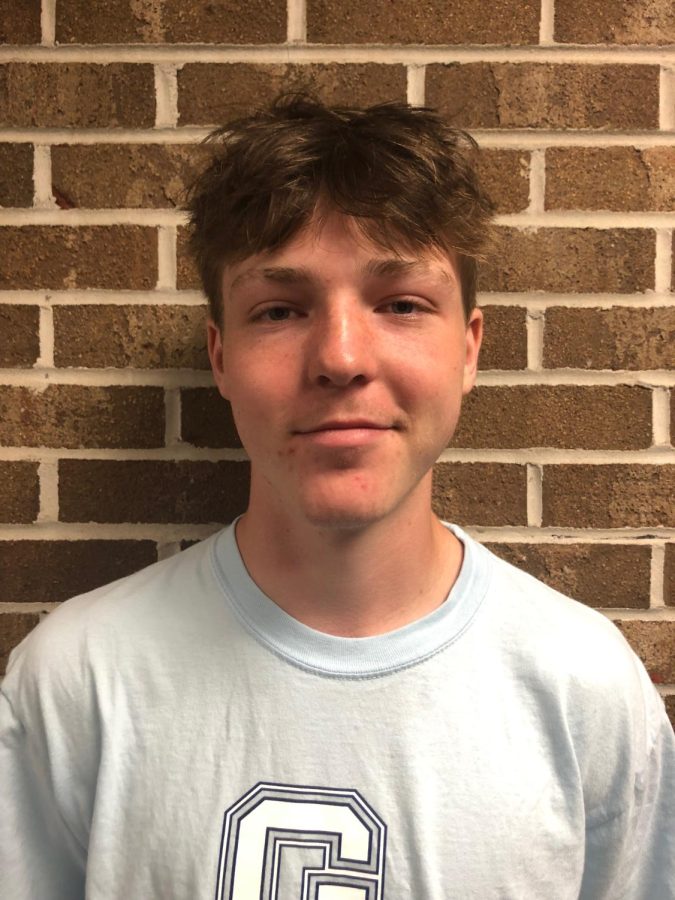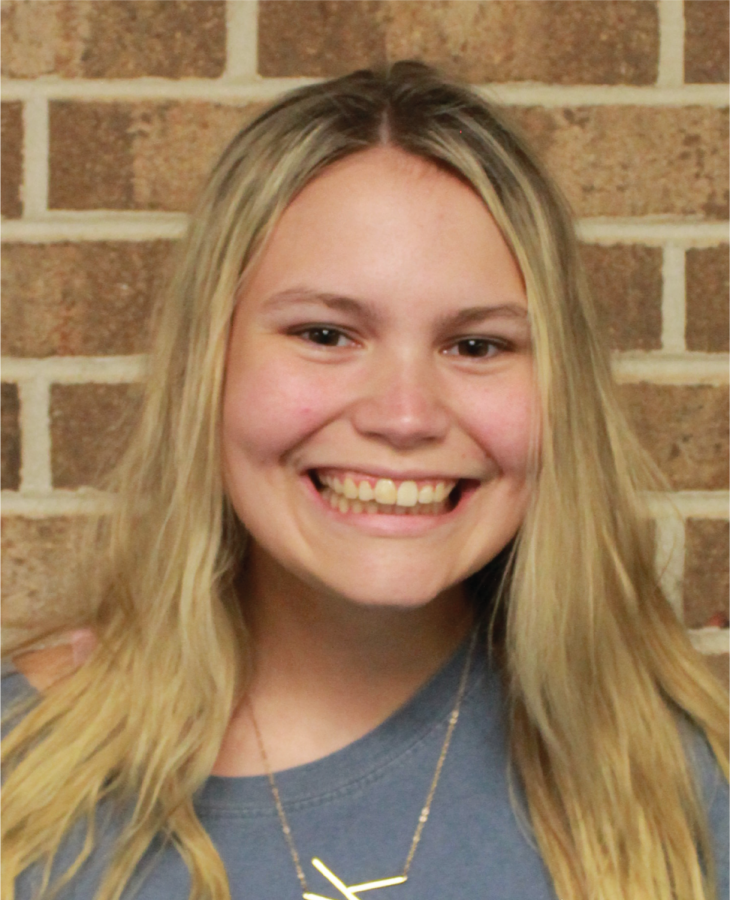Pressure on Students, Academically and Socially
November 19, 2021
“Eventually, the pressure that we are under will cause us to crack. Truly, all we want is a break when we deserve one.”
Within the past few years, Gulf Breeze High School implemented mental health trainings for students. Socially, students are encouraged to put their mental health before their education. While this may help some, putting mental health first leads to slipping grades, so students end up focusing on their education more. Then, their mental health starts to decline because they are overwhelmed with schoolwork. This toxic cycle is never-ending.
During the registration period for new classes, students are encouraged by teachers and parents to sign up for honors and Advanced Placement classes. Honors and AP grades are weighted more compared to regular classes. Essentially, regular and honors students are learning the same material, but honors students tend to have more assignments and expectations placed upon them. Although students in honors classes move at a faster pace than those in regular classes, that should not subject them to a larger workload. For example, students in honors and AP classes are usually given summer assignments to complete before the new school year begins. Isn’t summer supposed to give students a break from such work?
Students at GBHS and across the country, sometimes take days off of school to recharge and catch up on rest rather than assignments. These days have been nicknamed “mental health days.” In Santa Rosa County, however, providing mental health as a reason for an absence falls under an “unexcused absence.”
Another scenario that does not count as an excused absence is going on vacation. “Students shall make pre-arrangements for their school work to be done,” the 2021-22 Santa Rosa County School Board Code of Conduct states. “It will be due the day the student returns to school.”
Let’s think about this, logically. People go on vacation to take a break from working hard every day. They deserve to have a few days away from stress and large workloads. But, as students, they’re still expected to complete the work while they’re taking a well-deserved break from it?
Pressure on students does not exclusively apply academically. Outside of school, teenagers are expected to maintain social lives and go to events where they can see their friends. As we get older, it’s harder to make new friends and establish a solid friend group when you know that you’ll be leaving them soon.
Not attending, or simply not being invited to social events can lead to the fear of missing out, commonly referred to as “FOMO.” FOMO has become more prevalent in the age of social media. Users on apps, such as Instagram and TikTok, may post content that set up expectations of the picture-perfect life. In reality, these expectations are too high and far from real.
Not many people post the low moments in their life. They post pictures where they’re smiling, whether it’s fake or not. They post pictures where they look their best and some edit their imperfections, creating more false narratives.
Such edits become worse when filters on apps, like Snapchat, modify the users’ faces by slimming down their noses, plumping their lips, sharpening their jawlines or widening their eyes. Airbrush apps of the likes of FaceTune and Photoshop are promoted to a younger audience, promoting the idea that the natural “flaws” they may have make them unattractive.
The pressure on students in a social sense doesn’t only stem from social media. Many teenagers hold jobs or play sports. Balancing these things, along with schoolwork, becomes more difficult for students.
To put this into perspective, students wake up and get ready for school, which takes about two hours. Then, they go to school for six hours a day. After school, they have a sport practice that lasts for an hour and a half. Following practice, they work a five-hour shift at their job. They then go home to do homework and take a shower, which will take about an hour and a half. At the end of the day, they go to sleep for their recommended nine hours of sleep.
Added up, that is a total of 25 hours – one more than there is in a day. This time doesn’t include hanging out with friends and family or driving to and from each location.
Simply put, the pressure that students are under will cause them to “blow” eventually. Students need a break from the chaos every once in a while. To foster this, teachers should allow “catch up” days in their classes more often. Rather than giving out assignments on these days, students will have the opportunity to complete or work on any missed assignments that they don’t have time to do outside of school.
Students work and are stressed out just as much as everyone else. Eventually, the pressure that we are under will cause us to crack. Truly, all we want is a break when we deserve one.

